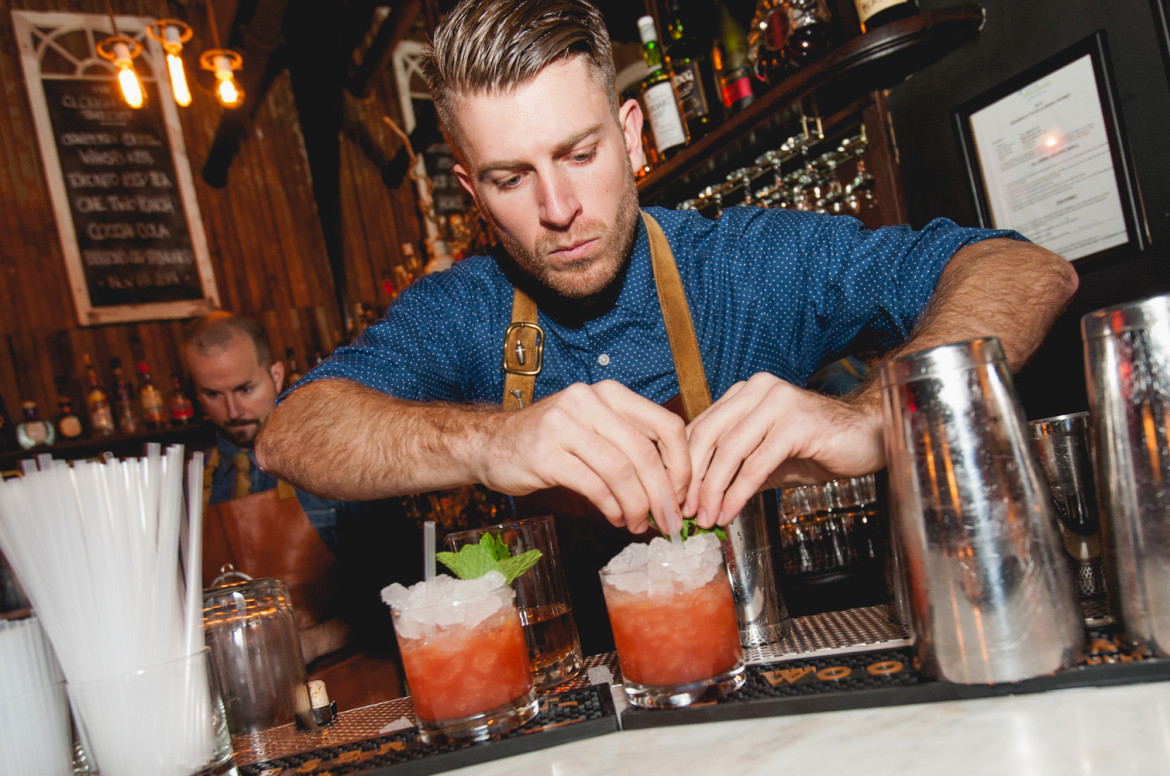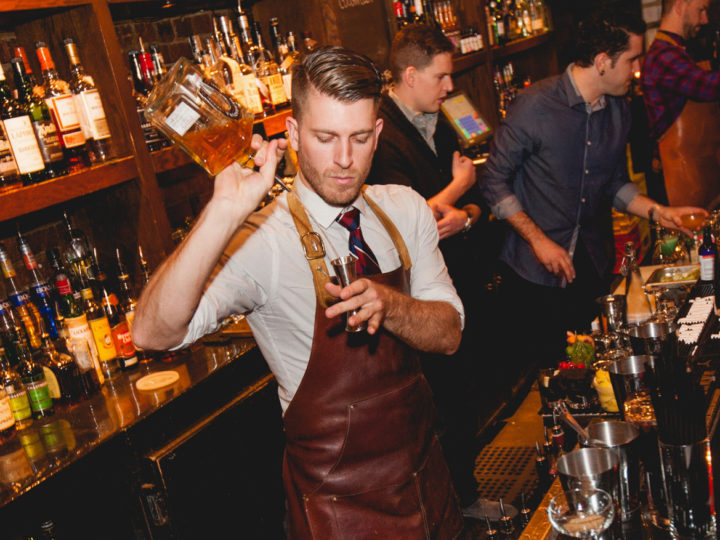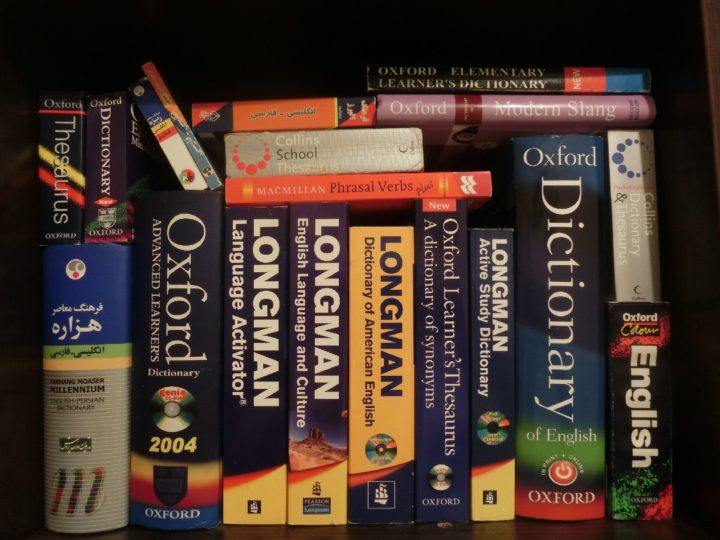
For the bar industry, it is a well-earned time for celebration. We are sitting now atop no less than a new Golden Age of our trade, resurrected from the insouciance of the last few decades by a small yet determined diffusion of bartenders, who through the sheer force of obsessive geekery have dragged the bar back into the respectable culinary arena to share with the kitchen the considered scrutiny of our patrons, our press and our critics. Glossy magazine articles on the resurgence of cocktail culture abound, as do bartender interviews and photo fetes, and the cocktail guidebook sections of the local bookstores are threatening the shelf space of the surrounding cookbooks. So what’s with all the complaining lately?
Amidst all the blog posts and status updates about next year’s cocktail trends and which length of bar spoon is best there lurks an ever-increasing amount of entitlement amongst my bar brethren, exhibiting itself in public displays of corrective admonishment; posts and comment threads and YouTube videos offering instruction not to the newbie bartender, but to the clientele, the public at large, on how to properly behave towards the delicate geniuses behind the bar. There is a fundamental problem with this that left unchecked will erode the long-term health of the industry, and it’s not being discussed. It’s time to shift the conversation off cocktails a bit. It’s time to talk about service.
We don’t work in the cocktail industry. Nor do we work in the bartender industry. We work in the service industry, so what you buy into when you decide to pursue this line of work is quite simple: you accept the responsibility of taking care of people. You choose a life of being in service to your community. This is the foundational nature of the job, and it requires an above- average amount of empathy, because not everyone you serve will be having a good day. Not everyone you serve will be a particularly nice person. And sometimes some of their bad day gets splashed on you. The ability to meet this with a healthy and graceful temperament and to not personalize it is a job requirement, and it needs to be loudly and clearly articulated to all who are considering a bar job. But who’s going to tell them? Dealing with a never-ending stream of personalities and staying delightful is very, very hard, it is this that makes service such a gigantically challenging and therefore worthy occupation. The bartender’s motto, correctly elucidated, is lovely and simple: it’s not about you.
Regrettably, I find myself on the blunt end of bad service far too often. Granted, having drinks with me is like watching a movie with an actor (or worse, a writer), but I’m also sensitive to the strain of a busy night and therefore more forgiving than most. But the truth is, I never blame the server when they’re bad at their job. They have just found themselves–lured by the promise of working at a party for easy money–within a position they are not particularly suited for, with not enough help from the true culprits; the unsung anti-heroes of the industry upon whose shoulders the blame for your inferior experience actually lies. It is important that we all understand a basic truth: every bad restaurant/bar experience is entirely the responsibility of the management.
Poor management is the Achilles Heel of the service industry. And with good reason, it’s remarkably thankless. It’s all the grind and none of the carnival, generally speaking. No one takes much pleasure in monthly inventory, scheduling, hiring and firing, dealing with liquor inspectors, customer complaints and bottom lines, all while the bartenders themselves are making more money than you while shaking cocktails in the spotlight. The best managers are
like the great coaches, they do it for the love of the game, not the paycheque, not the modicum of power they hold over their staff. They are by nature nurturing. Servers are performers, and like their counterparts on stage and screen they can be sensitive, and neurotic when they are unsure of their role. And so we must assert that it is absolutely up to our managers to make us excited to go into work everyday, to make us feel part of something unique and special, and to make sure all the players know their lines. We must demand that expectations be clearly and simply laid out, and that style and language and service minimums be established to create as stressless a production as possible. And perhaps most importantly staff must know that they will be heard. If they have problems they are going to tell someone, and it’s better their boss than the guest. Simple, obvious, age-old. And hardly ever enacted. Our managers must be our greatest champions.
We don’t sell bartenders. We don’t even sell cocktails, or plates of food. We sell an experience, which is comprised of our unique style of bar and kitchen product, as well as the music we choose, the level of the lighting, the temperature of the room and the comfortability of the seating, and the enthusiasm of the front of house staff. All of this combined is what the guests remember, and it is why they will sing our praises to their friends and return again and again. Thus, consistency is necessarily everything. It is not the job of the guest to take care of us, it is quite the other way around, and the conversation needs to be about doing it better, always, in a myriad of little ways. The conversation starts with our leadership, and ends never.
Simon Ogden is a bartender and bar mentor in Victoria, BC, and the vice-president of the Canadian Professional Bartenders Association, BC Chapter.





